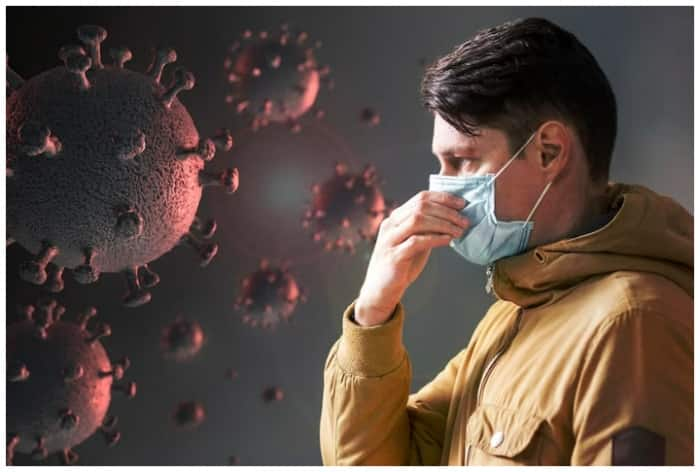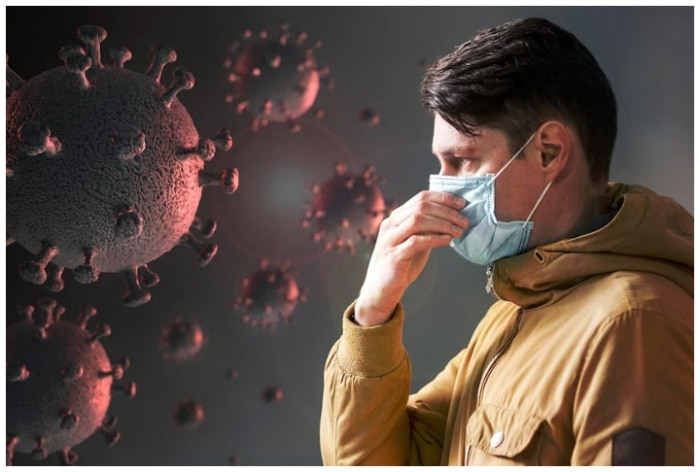According to a latest report by UK health authorities, two new symptoms have been detected in people who contracted Covid JN.1.

Covid JN.1 Symptoms: The is an uptick in several Covid-19 cases across countries. A new offshoot or a new subvariant of the Omicron – JN.1- has been detected to be driving the fresh cases. According to the World Health Organisation (WHO), the variant has been categorised as a ‘variant of interest.’ While more research is still underway, the symptoms are mostly common like other variants so far.
Health authorities in the UK have identified anxiety and trouble in sleeping as new symptoms of the latest Covid-19 sub-variant JN.1, according to a report.
COVID JN.1 SYMPTOM
According to a report by Daily Mail UK,” Over 10 per cent of Brits with Covid have consistently reported anxiety or excess worrying since early November, according to the winter Covid report from the Office For National Statistics in the UK. JN.1 began appearing in the UK in late October, suggesting that a significant share of people surveyed from mid-November may have been infected with this subvariant. It further stated that,”Trouble sleeping is also becoming more common. Roughly nine per cent of people reported this as a symptom in November. That proportion has since risen to nearly 11 per cent.
JN.1, from the lineage of Omicron, was first detected in August and is currently present in over 40 countries. JN.1 is a descendant lineage of BA.2.86. In comparison with BA.2.86, JN.1 has the additional L455S mutation in the spike protein, making it more transmissible.
So far, the symptoms reported are mostly restricted to upper respiratory tract infections such as fever, cough, sore throat, body aches, and runny nose. The most common Covid-19 symptoms are:
- runny nose
- cough
- headache
- fatigue
- muscle pain
- sore throat
- trouble sleeping
- anxiety
Interestingly, the once-common loss of taste and smell is currently reported in only 2-3 per cent of UK cases.
But whether a person will experience some or all of these symptoms, including those that have not previously been commonly reported, largely depends on each individual’s health and immunity to the virus.
The UN health body also reported an increase in hospital, ICU admissions as well as deaths globally.
“Overall cases are mild and severity is seen in only less than 10 per cent of the cases, and only when people are having previous comorbidities, involving lungs and old age,” Dr Kirti Sabnis, Infectious Disease Specialist, Fortis Hospital Mulund told IANS. “Generally, the fatality rate is less than 2 per cent, deaths are occurring very sparingly and is not a common feature,” she added.
The doctor said there are also “no severe illnesses” seen among patients and “not many people are requiring hospitalisation, because of JN.1. Majority of the patients are getting better at home”.
The doctor advised using masks, maintaining hand hygiene and to avoid public gatherings if one is sick.

